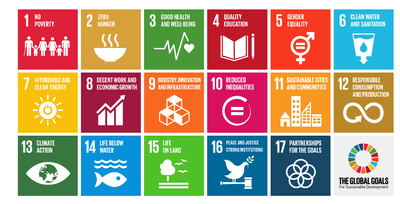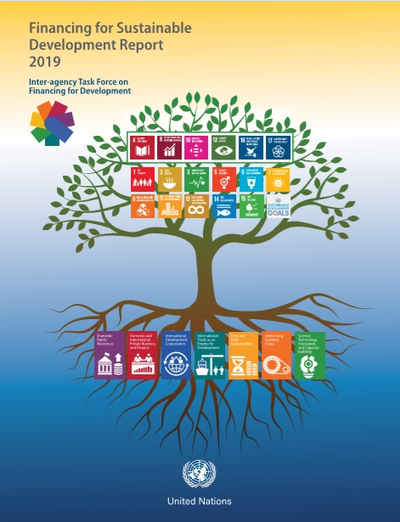HOW TO MAKE SUSTAINABLE DEVELOPMENT A REALITY – As the world advances into the age of sustainable development, there is a dire need to bridge the gap of understanding the basic elements concerned with sustainability in terms of social, economic and environmental benefits. This is more crucial for Africa as her working-age population is expected to double to 1 billion in the next 25 years, surpassing both China and India.
However, sustainable development and growth are required, and the onus is on leaders to address systemic structural changes that can boost investment, and create an environment in which business, and entrepreneurs, can thrive. This is also necessary to diminish vulnerability to commodity price fluctuations, capital market volatility, mounting public debt, climate change and persistent development challenges.
Making the new sustainable development agenda a reality was the focus of a panel discussion organized by UNDP Geneva, the Graduate Institute and the Swiss Confederation in March 2015.
The discussion, entitled, “From vision to implementation: How can we make the Sustainable Development Goals a Reality,” brought together representatives from the UN, governments and academia to consider what it will take to put people and planet on a more sustainable path for the next 15 years and beyond.
World leaders have called for an ambitious long-term sustainability agenda to succeed the Millennium Development Goals at the end of 2015. Expected to be adopted in September, the post-2015 development agenda, will seek to reinforce commitment to achieve all MDGs as well as break new ground with goals on inequalities, economic growth, decent jobs, energy, climate change, sustainable consumption and production, peace and justice, among others. All of these goals are be proposed as the Sustainable Development Goals (SDGs).
“The primary actors in delivering the SDG agenda are governments – after all they will be the signatories of the new agenda in New York in September,” said Magdy Martínez-Solimán, UNDP’s Director of Bureau for Policy and Programme Support. “They will need to reformulate policies taking into account their national realities to help achieve the goals, as well as provide the regulatory and incentive structure that will align business decisions with the SDGs. While governments will be central to implementation, the SDGs call for a global partnership and other players will be essential to support governments to achieve their goals.”
The UN is currently preparing a strategy to support Member States and others to implement the new agenda once it is adopted. Making UN policy support available in an effective and coherent way will help the countries accelerate progress on their priorities, think about sequencing of reforms, trade-offs and regulatory regimes, explained Martínez-Solimán.
Michael Gerber, Swiss Ambassador and Special Envoy for Global Sustainable Development stated, “The Post-2015 Agenda will require a true global partnership for sustainable development to achieve the SDGs. This Global Partnership needs to be universal in every sense and should therefore not only include the UN and governments – but also companies, civil society organizations, investors, and individuals all around the world.”
Panelists agreed that the institutions and practices needed to be looked at in a much more profound manner and go beyond business-as-usual. The transformations taking place in the fundamental roles of state, relationship between state and individuals, the capacity and the reach of technology all needed to be factored in to make the new goals a reality. Read more


